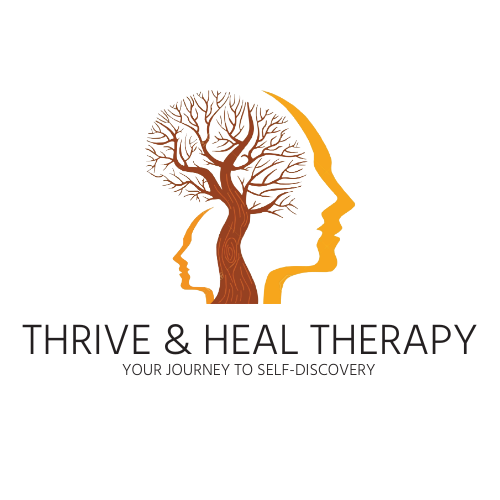Listening is an established important communication skill with its implications in all life aspects, however, not much importance is given to teaching and learning it. Good listening skills are required to succeed and excel in all areas of life. Whether it is in the workplace, personal and social lives it comes in handy and plays a significant role in the development of positive beneficial relations. The following article shares some tips and techniques for enhancing your listening skills and communication.
Active listening basically includes more than one component. When two individuals are communicating it is important to not only understand the literal meaning of the words stated but also to really give attention to grasp the emotional meaning associated with it. There are three elements in active listening. The cognitive part includes the incoming information received by the senses including the explicit and implicit cues from the environment. The emotional element involves the process of regulating your own emotions and understanding the emotional meanings of the information provided. For instance when someone is sharing their opinion or disagreeing with you it is important to stay neutral, calm and keep listening until they are finished. The last element of active listening is behavior, that is showing interest and engaging with the person. To become a great listener is a continuous learning process and learning and applying only a few strategies can also yield excellent results.
Engage Non-Verbally
The first and utmost importance aspect of active listening is to show engagement not only with words or verbally but also communicate your interest through non-verbal cues and gestures. Focus on your body language, posture, and facial expressions. Use your gestures to show affection where required a pat on the back, a slight touch on hand, holding hand or using your facial expressions in response to the information provided helps. Be conscious of your body language and posture is it showing that you are open, for instance leaning in, sitting with open arms and relaxed postures expresses a positive attitude in comparison to arms and legs crossed with shows someone is closed off and defensive. Nodding, smiling and maintaining eye contact is suggested by experts to show your interest and good listening.
Use their Words to Reflect
Repeating the few words used by the person you were talking to shows genuine engagement. When you reflect back using their words it makes it more personal, real, and it becomes easier for the person to relate with you and open up more. It shows that you are actively listening to them with genuine interest to understand and listen to what they have to say rather than just pretending to listen or missing out on the information.
Validate
Providing validation of the emotions and feelings is imperative for a good listener. Just taking in all the information is not sufficient, once you have been given the information it is required to validate the feelings of the communicator so that they feel understood and continue communication. There are no good or bad feelings often times people only share to feel listened to, receiving such validation strengths relationships whether they are of personal, social or occupational nature.
Give Feedback Consciously
Another important thing that has been highlighted by research is that to be a good listener one must be able to recognize that it is not essential to give their feedback right away, a good listener is more focused on understanding and providing a space to communicate therefore it is recommended by the experts to ask when your feedback is required just simple sentences such as “shall I give my feedback? Or is it okay if I share my thoughts regarding this?” can be highly helpful. Moreover, repetition of the same words and reflective listening is considered better than rephrasing or using your own words to describe the conversation. And when you do provide feedback it is important to check in.
Concede Limitations
Lastly, it is important to recognize your own limitations and capacity. If you have had several conversations that were difficult or challenging or don’t have the sufficient energy to actively listen it is recommended that you acknowledge your shortcomings and communicate it rather than being present in it partially.
The take home message is that listening is a lifelong learning experience, there will always be room for growth and opportunities to enhance this skill. Don’t forget to be self compassionate as you learn and keep trying different strategies for yourself.
References
Weger, H., Castle Bell, G., Minei, E. M., & Robinson, M. C. (2014). The Relative Effectiveness of Active Listening in Initial Interactions. International Journal of Listening, 28(1), 13–31. https://doi.org/10.1080/10904018.2013.813234






